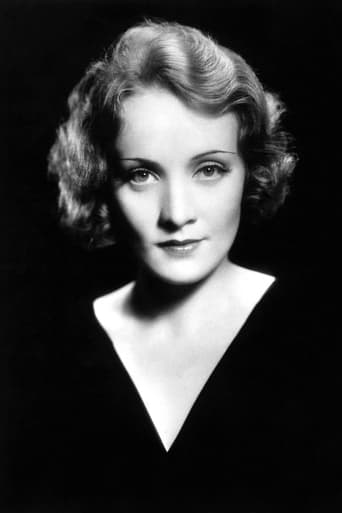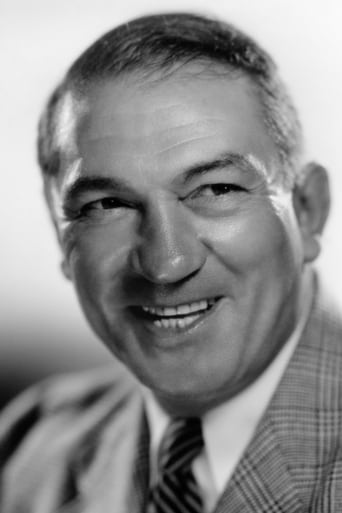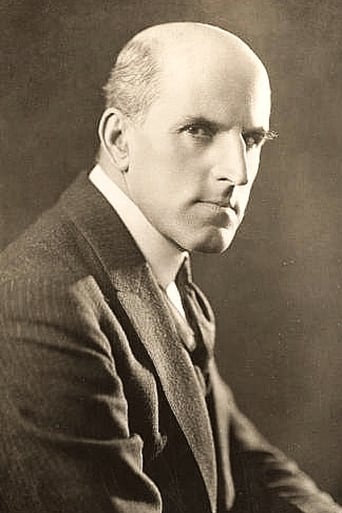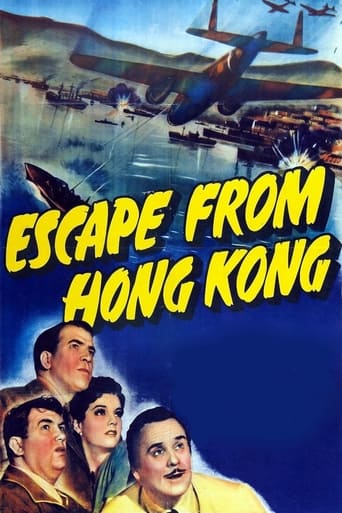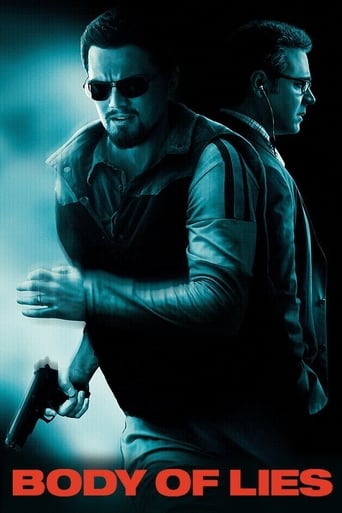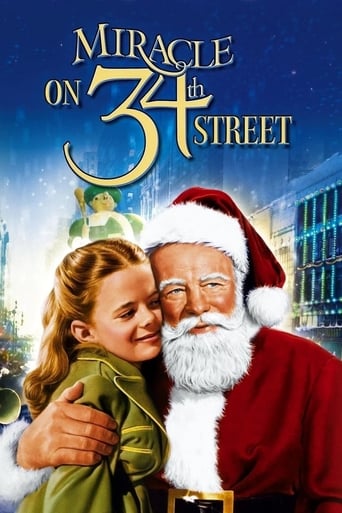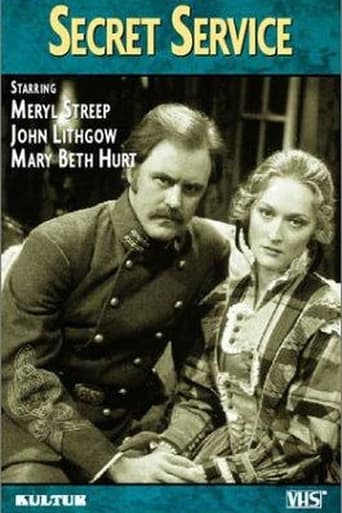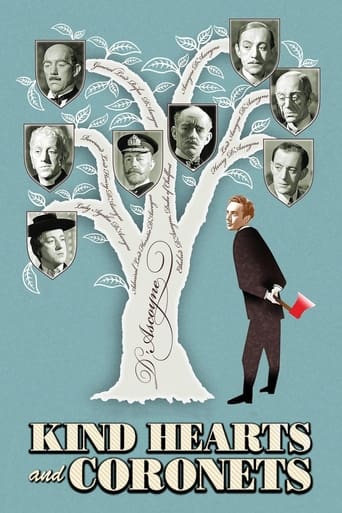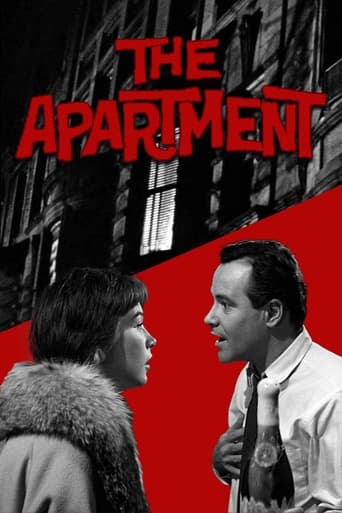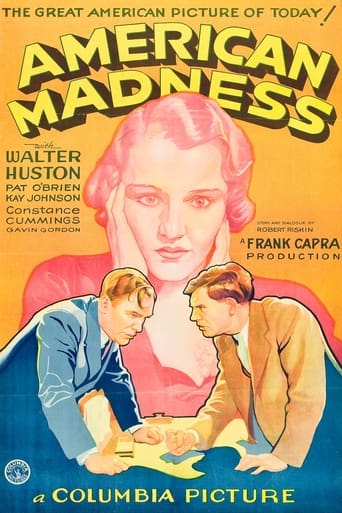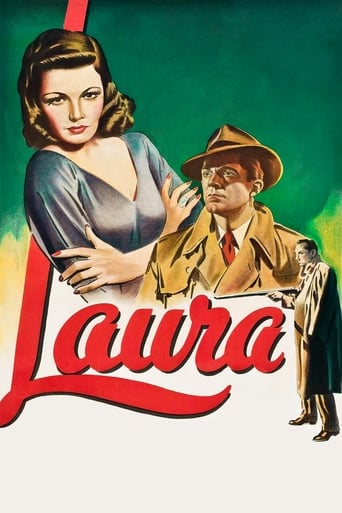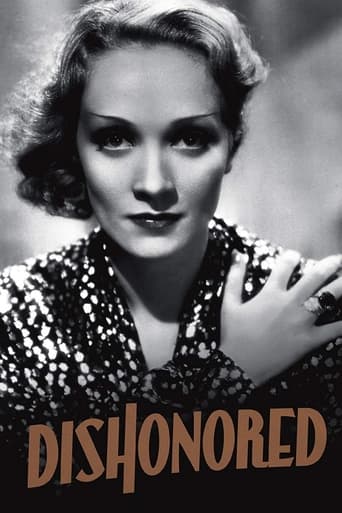
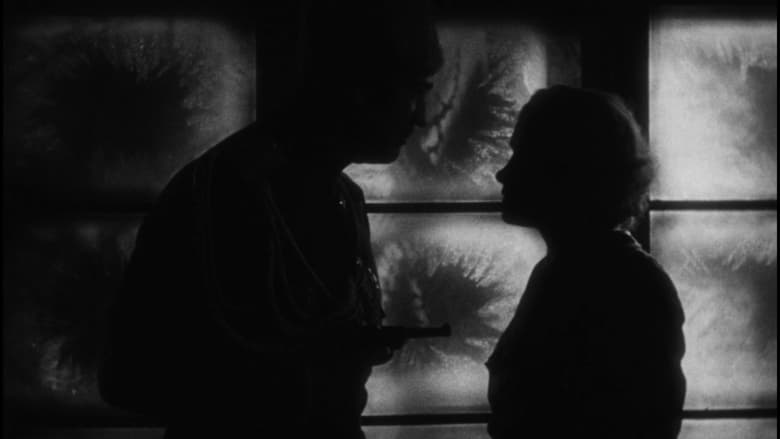
Dishonored (1931)
The Austrian Secret Service sends its most seductive agent to spy on the Russians.
Watch Trailer
Cast


Similar titles
Reviews
To begin with, this was another Marlene Dietrich production to rival a Greta Garbo vehicle – namely the same year's MATA HARI (which I own as an original DVD, through Warners, but have yet to check out). It is actually the most overlooked of the 7 collaborations between star and director; even so, German 'enfant terrible' film-maker Rainer Werner Fassbinder once named it one of his all-time Top 10 films! The reasons for this neglect being its inherently archaic quality (the film seems to belong to the Silent era as, indeed, the plot – ironically, supplied by Sternberg himself! – lacks substance and, even more so, credibility: we are told that Dietrich could have been WWI's greatest spy but she only handles two assignments before being captured, her risking life and honor – hence the title – for the sake of uncouth enemy agent and co-star Victor McLaglen and, just as incongruously, an obviously infatuated young officer is shown flipping at her execution!) and cornball tone (Austrian Dietrich disguised as a naïve Russian cleaning lady and cringe-inducingly meowing like a cat in order to flirt with her 'targets', not to mention having McLaglen irritatingly sport a constant grin throughout!). The film does look forward to subsequent (and superior) entries in the 'series': Dietrich would be re-united with both Warner Oland and Gustav von Seyffertitz in her very next venture with Sternberg, SHANGHAI EXPRESS (1932), while the carnival scenes early on (in which McLaglen feigns to be a cripple!) would be reprised in their last effort, THE DEVIL IS A WOMAN (1935)! Dietrich is literally picked off the streets by Seyffertitz, but he is immediately impressed with her when, offering the protagonist the opportunity of spying against her fatherland, she asks to be excused and summarily fetches the Police! Oland's womanizing weakness (actually an Austrian traitor in cahoots with Russian McLaglen) naturally makes her the ideal choice to expose him: when she does, he congratulates her and, in a nice reversal of the above-mentioned scene with Dietrich's superior, absents himself to commit suicide! Next, she goes after Oland's contact but, having fled back behind his own lines, Dietrich follows in pursuit: they engage in a game of cat-and-mouse but their mutual attraction holds them at bay; when McLaglen is eventually captured, she asks that the two be left alone, ostensibly for questioning but he is given a chance to escape instead! Tried and condemned to death by firing squad, Dietrich bravely faces her destiny: surprisingly, the actual shooting is not flinched upon (no loving final close-up for the star here!), the camera resting on a dejected Seyffertitz passing by the country's insignia embedded in the walls as he walks out of the barracks, his shadow hanging tall over the scenery.Exquisitely lensed by Lee Garmes, it is mainly in moments such as this that the film really comes to life; with this in mind, while it may not hang together dramatically nowadays, DISHONORED shows off the director's uniquely pictorial sense, as well as moulding the mythic Dietrich image of a mystery woman who could turn men's heads with her alluring beauty but is herself driven by love above all else...
It is best to write first about von Sternberg's aesthetic as some have not grasped it so well in my opinion. When I first watched his "The Scarlet Empress" my initial feeling was that it was very silly; as a historical portrait of Catherine the Great of Russia it's ludicrous, in every palace scene these grotesque and implausible Russian Orthodox inspired gargoyles and paraphernalia loom out of the darkness. The palace sets reek of congenital insanity and cobwebbed decay that is decadently overblown. This is not the point though, for what we are seeing is not Tsarist Russia, but childhood dreams of Tsarist Russia. Who as a child if they read of Rasputin or Mata Hari, or Jack the Ripper didn't fully over-egg the pudding in their mind? My favourite dream is of an insomniac Russian court listening to those inestimable gifts of Bach, the Goldberg variations. You will never see my fever dream as I am not Josef von Sternberg, one of the greatest artistic geniuses (I really mean that word) of the Twentieth century.Dishonored I am told is the least of the Dietrich/Sternberg collaborations, if that is so, then it is the least of the great peaks of the Himalayas in filmic terms. It is almost pure dreamscape. The film is in some respects an elaborate parry and thrust duello between Dietrich's X-27 and Victor McLaglen's Colonel Kranau, an Austrian and a Russian spy during The Great War.It has been said that McLaglen was miscast in this movie. That for me is palpably false. McLaglen is mainly known for his stock character roles in John Ford movies, usually playing slightly oafish but well-meaning fellows. It may be the case that folks have been unable to disentangle that persona from what they saw in this film. My own personal blind spot is that I can only see Norman Bates when I see an Anthony Perkins movie, which ruins them every time. For me Victor's smile, which is all you see in the masked ball, is perfect for the role, his lifestyle and way with the women positively makes James Bond look like a rank amateur. There is an almost balletic moment in Dietrich's (why not say Dietrich when we are dealing with such an artificial delight?) bedroom where Victor effortlessly catches her hand as she whirls away from him; how can a movie be so controlled yet seemingly effortless? What this film leaves you with, which is the way of life of both Kranau and X-27, is the feeling of being neither afraid of life nor of death. These are two super-people leading exorbitantly fulfilled existences. Frankly I was overcome by this film. The masked ball, with Kranau grinning and hobbling away on his crutches will stay with me until I am dribbling and senile.It is right and honest and proper to dedicate something you enjoyed doing. So I dedicate this review to Claire B, who is wonderful.
Even if you knew nothing about von Stroheim and Dietrich you'd be able to tell just from watching this movie that the man was in love with at least the image of the woman. His camera almost seems to caress her at times and the lighting accentuates those incredible sculpted cheekbones. No other actress that I can think of received the kind of on-screen attention Dietrich received from von Stroheim, and he is probably more responsible for creating the legend than the woman was. Because, let's face it, Dietrich was no actress - her monotone delivery in this film borders on the excruciatingly bad at times She plays a hooker, former wife of an Army officer, who is recruited into the secret service by its chief no less. The opening scenes are terrific. We first see Dietrich's legs on a rainy street, and hear the rain pounding on a broken drain as she adjusts a stocking. Someone in her block of flats has been murdered, and Dietrich's comment that she isn't afraid of life or death is overheard by the head of the secret service. She invites him up to her room, and while her profession is never expressly referred to, we're left in no doubt as to just how the former officer's life is making ends meet. She prowls around her cramped little flat, radiating sexual allure, and throws herself down in a chair with one leg over the arm in an open invitation.It only becomes apparent that this is a love story between rival spies when we're well into the film. The opposing spy is big bluff Victor McLaglen who really is badly miscast. He grins during their verbal interplay as if an invisible hand has his arm twisted up behind his back while Dietrich rolls her eyes without moving her head, and there is absolutely no chemistry between them. The role called for an element of dashing suaveness on the part of McLaglen that the old boy simply didn't possess. Dietrich uses sex to lure him the same as she does with everyone else (again, in their first meeting, Dietrich offers him a kiss if she fails to predict the next number at roulette – and we're left in no doubt that 'kiss' is a euphemism for something much more earthy).Despite these apparent drawbacks, the film is enjoyable enough. It's only 85 minutes long and moves at a fair old lick, and is filled with such cool devices as secret panels in walls, secret messages rolled up and hidden inside a cigarette, secret messages disguised as musical notes, noble suicides and firing squads. The ending's fairly downbeat for a mainstream 30s Hollywood flick, but it fails to qualify as a tragedy simply because of that lack of chemistry between the stars and the fact that there is no real depth to the characters.
One up front negative: Victor McLaglen as a dashing, adventurous Russian officer is very badly miscast.This is a World War I Mata Hari genre film with Marlene Dietrich recruited by the Austrian Secret Service to spy for them against the Russians. Like the other Von Sternberg/Dietrich collaborations this is all about visual texture and Marlene's incredible persona (which is very much due to her equally incredible talent). Both come together perfectly in the amazing masked ball scene full, full, full of confetti, long twisted streamers, costumed revelers, and uncurling paper party-horns that you blow through to make a high pitched little squeal.In one remarkable scene Marlene is hypnotic just saying, "No." "Yes." "Noooo." and "Maybe." In another her dialog is a hilarious and inimatable series of "Meowwws." I don't remember her singing in this one but she plays the piano with abandon. Nevermind the plot, this is a film you watch because it is a great vehicle for one of film's greatest, if not the greatest, stars and because it is great cinema.


